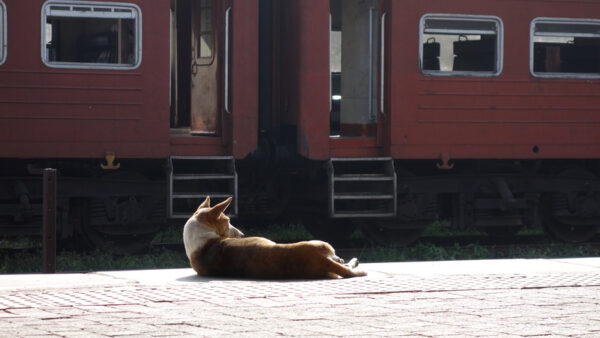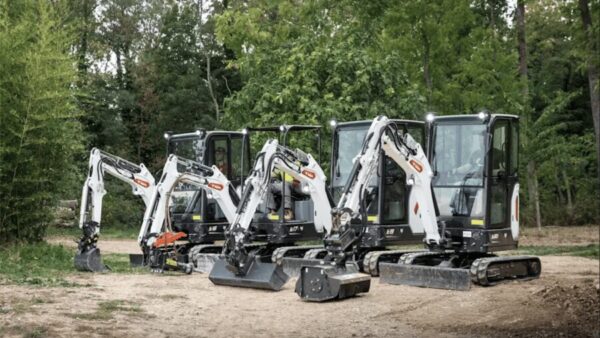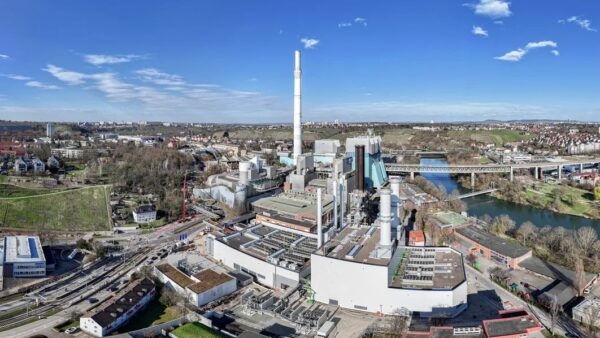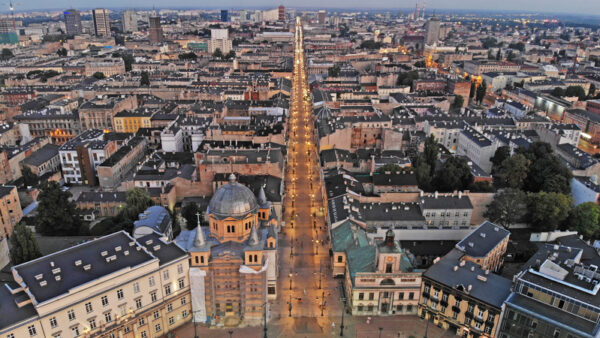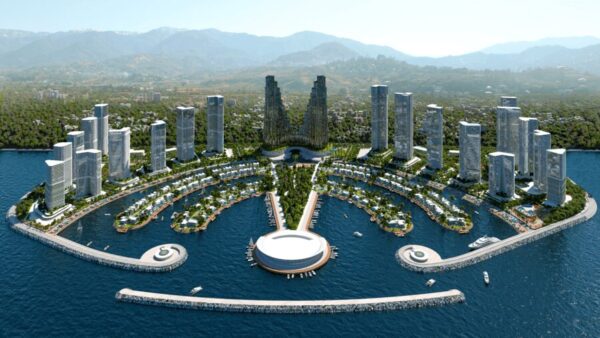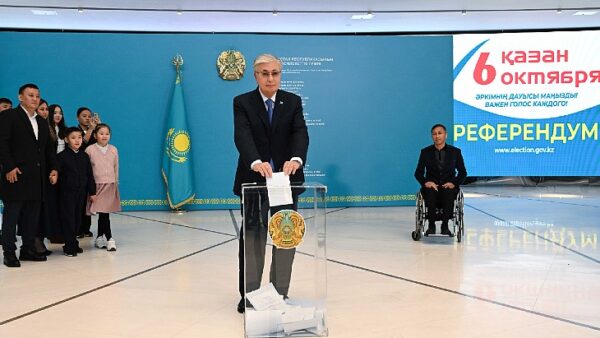Ameri Metro, a US company set up to invest in high-speed rail schemes, has offered to make $10bn available for Nigeria’s rapidly growing network.
Executives from the Pennsylvanian-based firm presented their plan to the Federal Ministry of Transportation in Abuja on 21 May.
The company said it decided to step in after it heard reports that China Civil Engineering Construction Company (CCECC), which was awarded the 1,400-km Lagos-Port Harcourt-Calabar coastal railway line last year, may not be able to raise the funding.
Shah Mathias, the founder of Ameri Metro, was reported in the Nigerian press as saying: “We are looking at the coastal rail line, Lagos-Port Harcourt-Calabar. We heard that the Chinese have not been able to raise money, so we will raise the money and probably take it away from the Chinese company.”
He added: “Our goal is to build the rail system in order for other industries to come. We will like to commence the project as soon as we are given the opportunity, and we will invest 100% of the project cost.
“We have been told that the project cost is over $10bn and we are ready to deliver new railway, new locomotives, everything will be new.”
He said he would not be interested in partnering with CCECC, and that his project would not use the standard gauge that all Chinese schemes employ.
Most of Nigeria’s approximately 4,000-km rail network is narrow-gauge (1,067mm), built by the British colonial administrations before 1930. A lack of maintenance after independence has seen most of the network fall into disuse, but a joint venture led by US giant GE began rehabilitating the lines earlier this month.
Nigeria and China have been talking about building the coastal railway for four years, and have signed various agreements, culminating in CCECC’s $11.1bn contract to build the line in September 2017.
The line would run the length of Nigeria’s coast and connect up all of its ports. In 2015, Meng Fengchao, chairman of China Railway, told China’s state news agency Xinhua that the project would require Chinese exports totalling $4bn, including construction machinery, steel products and rolling stock.
He predicted that it would create up to 200,000 local jobs during the construction and around 30,000 permanent posts once the line was operational.
Image: Nigeria is making rail modernisation a top priority (nrc.gov.ng)
Further reading:





